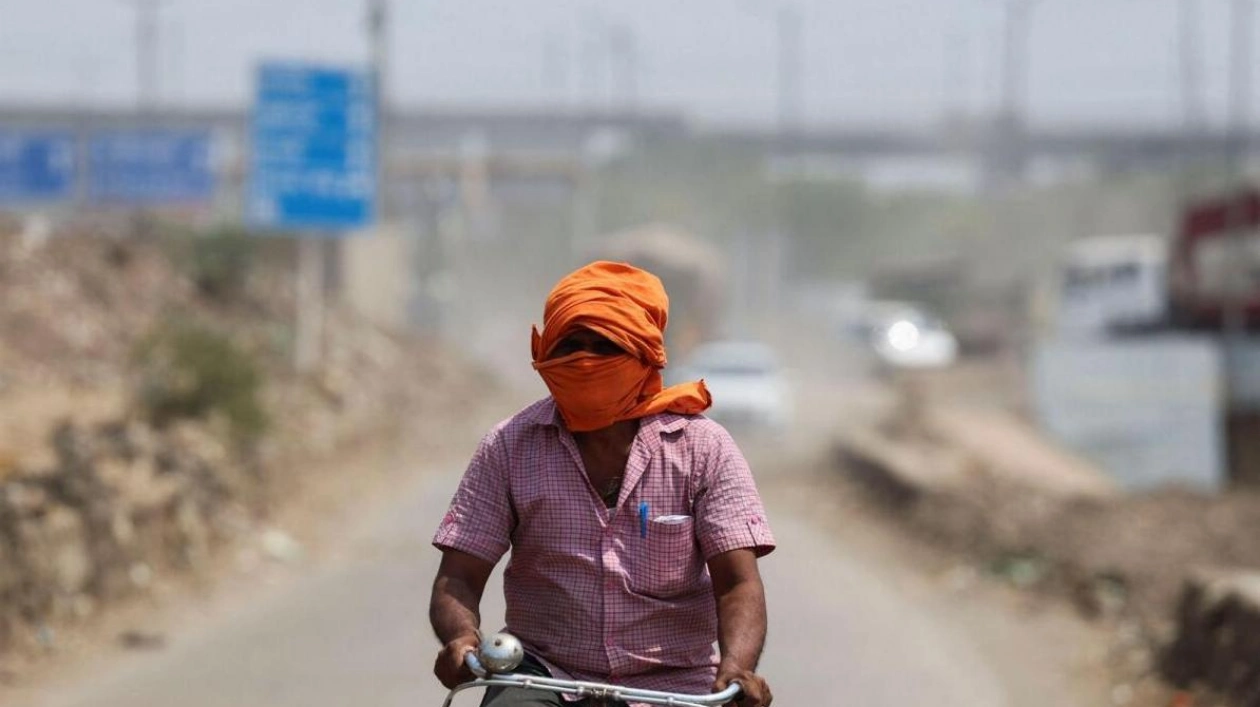Temperatures in India's capital reached an all-time high of 49.9℃ (121.8 Fahrenheit) on Tuesday, as announced by the India Meteorological Department (IMD). The IMD reported 'severe heat-wave conditions' and recorded the high temperatures at Narela and Mungeshpur, two Delhi suburbs. Forecasters are expecting similar temperatures for Wednesday. In May 2022, parts of Delhi experienced temperatures of 49.2℃ (120.5 Fahrenheit), according to Indian media sources.
India has a history of enduring scorching summer temperatures. However, extensive scientific research indicates that climate change is leading to longer, more frequent, and more intense heatwaves. Authorities in New Delhi have cautioned about the potential for water shortages as the capital swelters in this intense heatwave, resulting in reduced supplies to some areas.
Water Minister Atishi Marlena emphasized the need for 'collective responsibility' to curtail wasteful water usage. Measures to address water scarcity include reducing water supply from twice a day to once a day in many areas. The saved water will be rationed and directed to water-deficient areas where the supply lasts for only 15 to 20 minutes a day, as per reports from the Times of India and the Indian Express.
The IMD has issued warnings about the health implications of the heat, particularly for infants, the elderly, and individuals with chronic illnesses. Meanwhile, West Bengal and the northeastern state of Mizoram have been battered by fierce winds and heavy rains from Cyclone Remal, which struck India and Bangladesh, claiming over 38 lives. Bangladesh's Meteorological Department described the cyclone as 'one of the longest in the country's history', attributing the shift to climate change.






